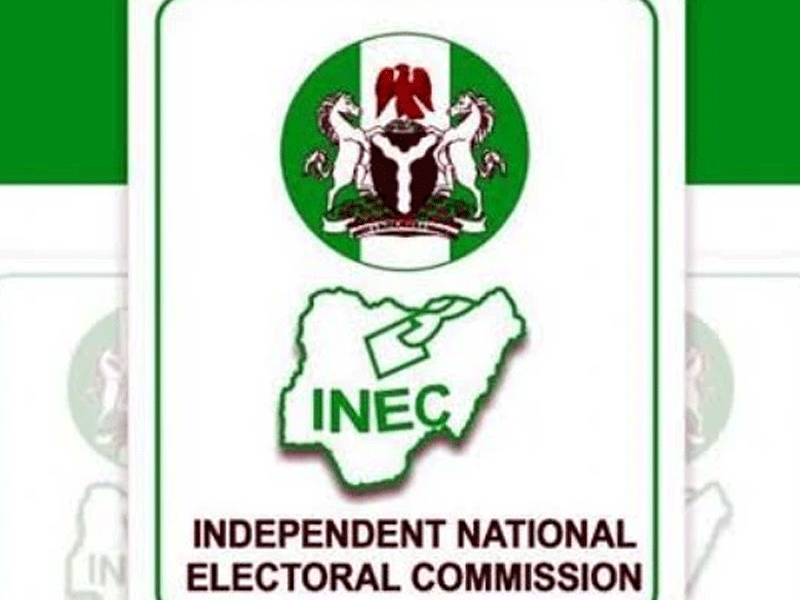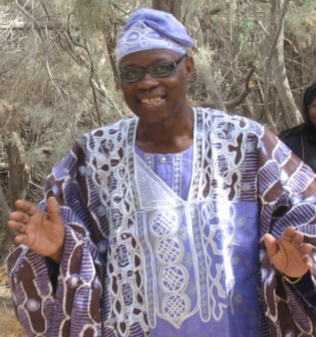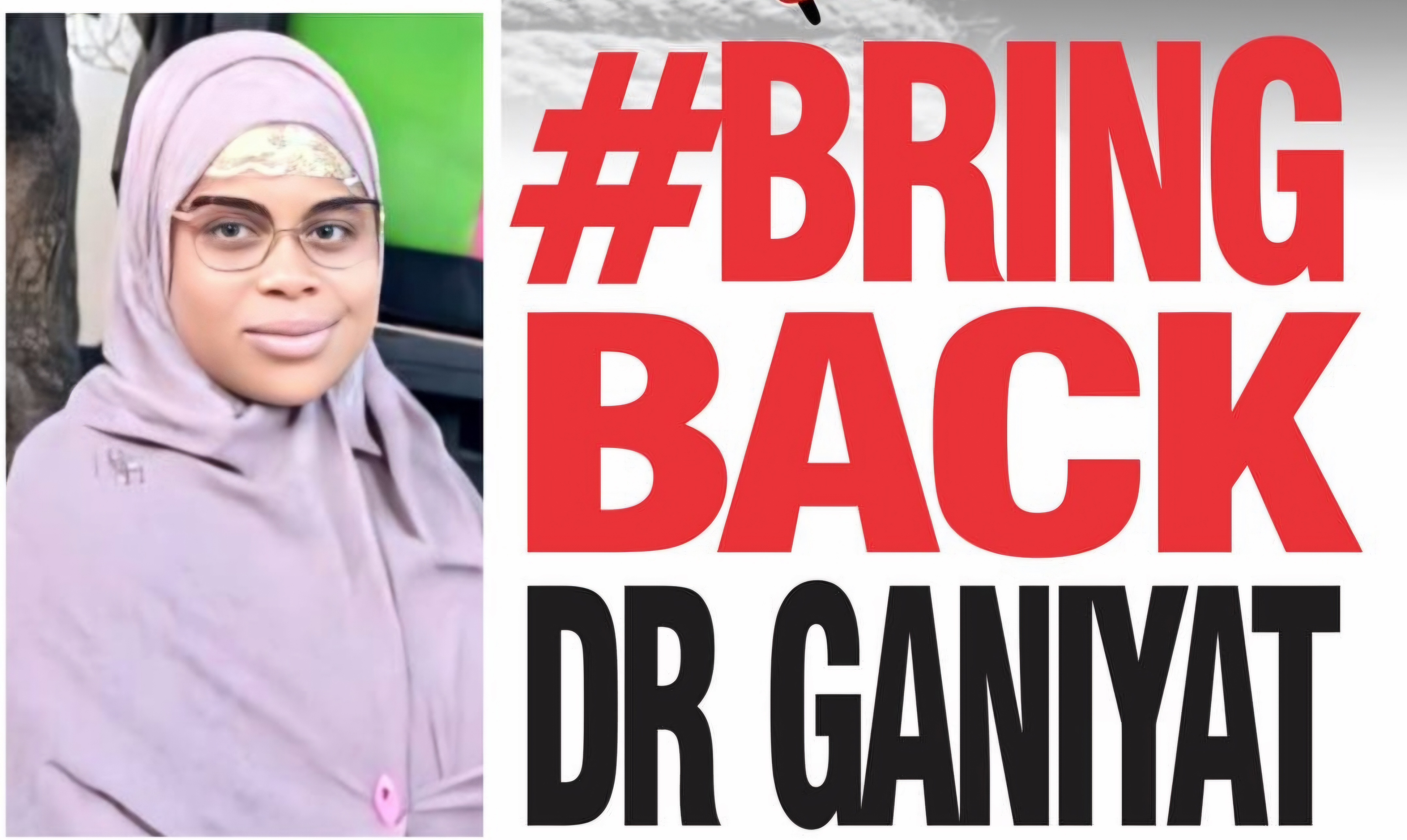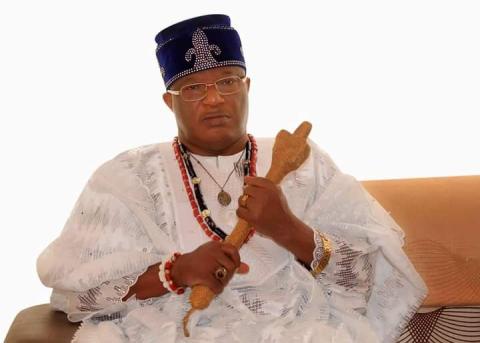
Breaking News: Unilorin Alumi Association: 'We were warned' - Opinion
Breaking News: Breaking: Court Restrains Oyo Assembly from Further Impeachment Process Against Makinde’s Deputy, Olaniyan
Breaking News: Labour leaders physically assault Ogun journalists for covering strike, harass hospital workers
Breaking News: Congratulations Asiwaju – Osinbajo’s spokesperson accepts defeat
Breaking News: Finalissima: Messi steals show, beats European Champion, Italy
By Dayo DaSilva
As the holiday season approaches, Nigerians are grappling with a harsh reality: the skyrocketing cost of goods, particularly food items.
The country's economic crisis has reached a boiling point, leaving millions struggling to survive.
The recent tragic incidents at food distribution events in Abuja and Okija, which claimed the lives of 39 people, are a stark reminder of the desperation that has become synonymous with Nigeria's economic landscape. The events, meant to provide relief to the poor, turned deadly due to the overwhelming turnout of people desperate for basic necessities.
The root cause of this crisis is multifaceted, but one thing is clear: the government's inability to address the rising cost of living has left citizens to fend for themselves. The prices of staple foods like rice, beans, and maize have increased exponentially, making it difficult for low-income households to afford even the most basic meals.
A bag of rice, which was once affordable at ₦8,000, now costs about ₦100,000. Vegetable oil, an essential commodity, has seen a price hike of over 50% in the past year alone.
With food inflation soaring above 40 percent, many households are going to bed hungry. As the festive period approaches many people are struggling to maintain even a shadow of their usual holiday celebrations.
The harsh reality is evident in markets across the nation's major cities. At Mile 12 International Market in Lagos, trucks laden with tomatoes, peppers, and vegetables create an illusion of abundance. But behind this facade, a complex web of challenges drives prices ever higher. A Truck owner explains the brutal mathematics of food distribution, saying: "We spend between N500, 000 and N800, 000 per truck on diesel, farm security, and checkpoint fees before reaching Lagos. It's suffocating us, but we have no choice."
The impact on everyday items is staggering. A chicken that cost N15, 000 last year now sells for N35, 000, with only older layers available at the previous year's price.
The ripple effects touch every aspect of daily life. At Daleko Market, the prices tell their own story: a 25-liter container of vegetable oil sells for up to N95, 000, while garri reaches N56, 000. Even basic ingredients like curry and thyme now cost N550 per roll, and a single small onion bulb commands an astronomical N200.
"Last December, a bag of rice was between N65, 000 and N70,000. Today, it starts from N95, 000. How do people survive this trend?"
Aside food, another important need is drug to stay healthy, the crippling cost of healthcare in Nigeria has left countless citizens to suffer in silence, their conditions worsening or ultimately claiming their lives due to the unaffordability of life-saving medications and treatments.
The country's fragile healthcare system, plagued by corruption, inefficiencies, and underfunding, has abandoned its most vulnerable citizens to fend for themselves. As a result, many Nigerians are forced to rely on makeshift remedies or seek care from unqualified practitioners, exacerbating their conditions and sealing their fate.
The human cost of this failure is staggering. Families have been torn apart by the loss of loved ones who succumbed to treatable illnesses due to the prohibitive cost of care. Children have been orphaned, spouses left to mourn, and communities shattered by the avoidable loss of life. The psychological toll of living in a society where access to healthcare is a privilege reserved for the wealthy is immeasurable. As the country continues to grapple with this crisis, it is imperative that urgent action is taken to address the systemic failures that have led to this humanitarian disaster.
The situation is dire, and the most vulnerable members of society – the poor, the elderly, and children – are bearing the brunt of this economic hardship.
The government's response to the crisis has been underwhelming, to say the least. Despite promises to address the rising cost of living, little has been done to provide meaningful relief to struggling Nigerians. The lack of effective policies and initiatives has created a power vacuum, allowing profiteers and middlemen to exploit the situation, further exacerbating the problem.
The removal of the oil subsidy by the Tinubu administration has been a contentious issue, with many arguing that it has exacerbated the economic hardship faced by ordinary Nigerians.
The subsidy removal, in particular, has led to increased fuel prices, which have had a ripple effect on the cost of living.
It's also worth noting that the government's communication strategy has been criticized for relying heavily on propaganda. Propaganda, as we know, involves the dissemination of information to influence public opinion, often through manipulative or deceptive means.
As the situation continues to deteriorate, Nigerians are being forced to make impossible choices between basic necessities like food, healthcare, and education. The long-term consequences of this crisis will be far-reaching, with the potential to undermine the country's social fabric and economic stability.
It is imperative that the government takes immediate action to address the rising cost of living. This can be achieved through a combination of policies, including, providing subsidies and support to low-income households to help them afford basic necessities, investing in agriculture to increase food production and reduce reliance on imports and genuinely addressing corruption and inefficiencies in the supply chain to reduce costs and increase transparency.
The time for rhetoric is over; it is time for action. The government must demonstrate a genuine commitment to addressing the rising cost of living and providing relief to struggling Nigerians. The future of the country depends on it.
As Nigerians continue to struggle to make ends meet, one thing is clear: the government's inaction is a betrayal of the trust placed in them by the people. It is time for a change. The people demand action, and they demand it now!
Dayo DaSilva (arpa, amncs), is a Media Consultant and Publisher from Ogun State.
Email: dsv123ng@yahoo.com
Newsletter






We are not gonna make spamming
Copyright By @ HorizonTimes - 2026
BACK TO TOP